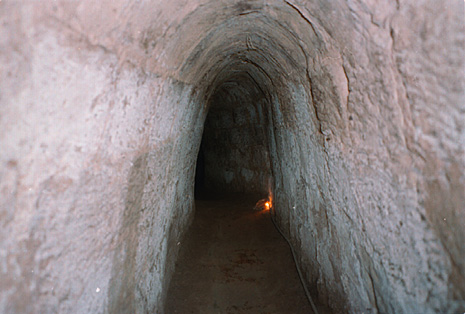Yet many within the tightly knit Special Forces community say the Special Forces teams already in use in Afghanistan should be employed far more effectively before any new teams, which number about a dozen men each, are deployed.
“I just don’t think it’s a very good use of the units if they are not going to be doing combat advising in an effective way,” says one Special Forces officer with recent experience in Afghanistan. “I don’t know any Special Forces who think that’s really what we need over there.”
It sounds like the SF community is a little skeptical to say the least about how they will be used. Hopefully Petraeus and company will listen to these guys as to the best way to use them. That is how a ‘learning organization’ must operate, and the SF community would have a pretty good idea on how they could be most effective out there.
On a side note, if we do see a SF surge along with a general troop surge, then aviation services are going to be big. I am talking helicopters, transport aircraft, and paracargo operations to supply these outposts. So companies like Presidential Airways or Dyncorp will certainly be doing more business. I think we will also see a focus on bringing in more STOL type aircraft as well, because of how much cheaper they are to operate. –Matt
——————————————————————
A surge of Special Forces for Afghanistan likely
Defense officials say it will fill urgent gaps but Special Forces officers are skeptical.
By Gordon Lubold | Staff writer of The Christian Science Monitor
December 23, 2008
Washington – The Pentagon is likely to send up to 20 Special Forces teams to Afghanistan this spring, part of a new long-term strategy to boost the Afghan security forces’ ability to counter the insurgency there themselves.
The “surge” of elite Special Forces units would represent a multiyear effort aimed at strengthening the Afghan National Army and police units that the US sees as key to building up Afghanistan’s security independence, say defense officials who asked to remain anonymous because the controversial decision has not yet been announced. The US already plans to send thousands of additional conventional forces to Afghanistan sometime next year. But it is hamstrung by limited availability since so many of those forces are still in Iraq.
